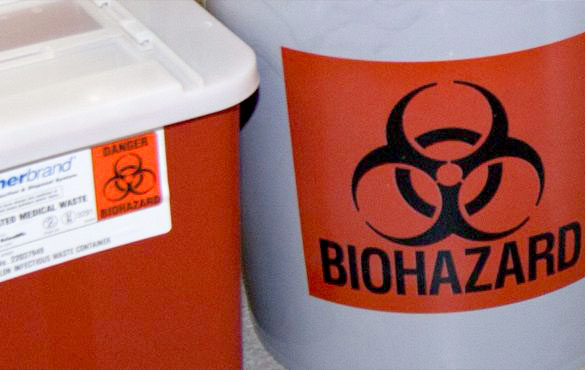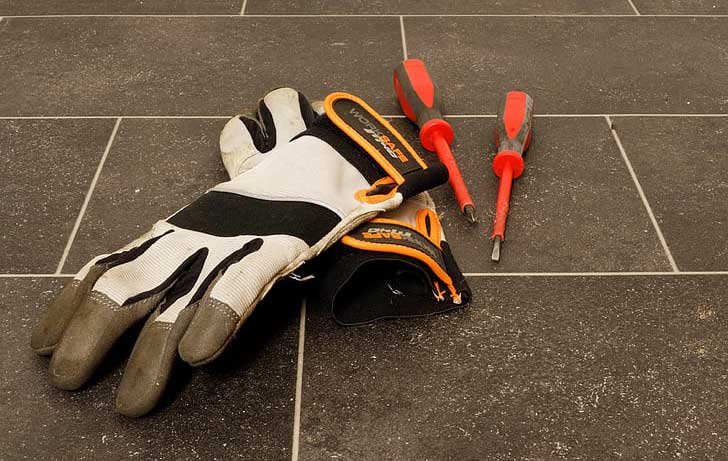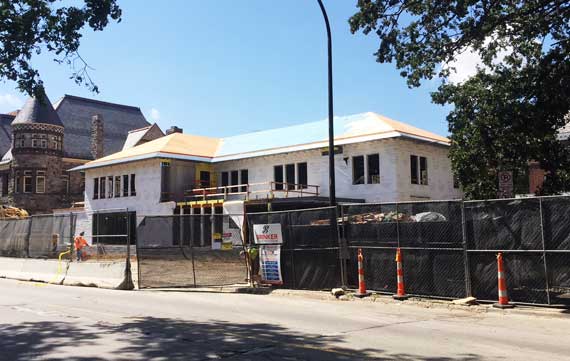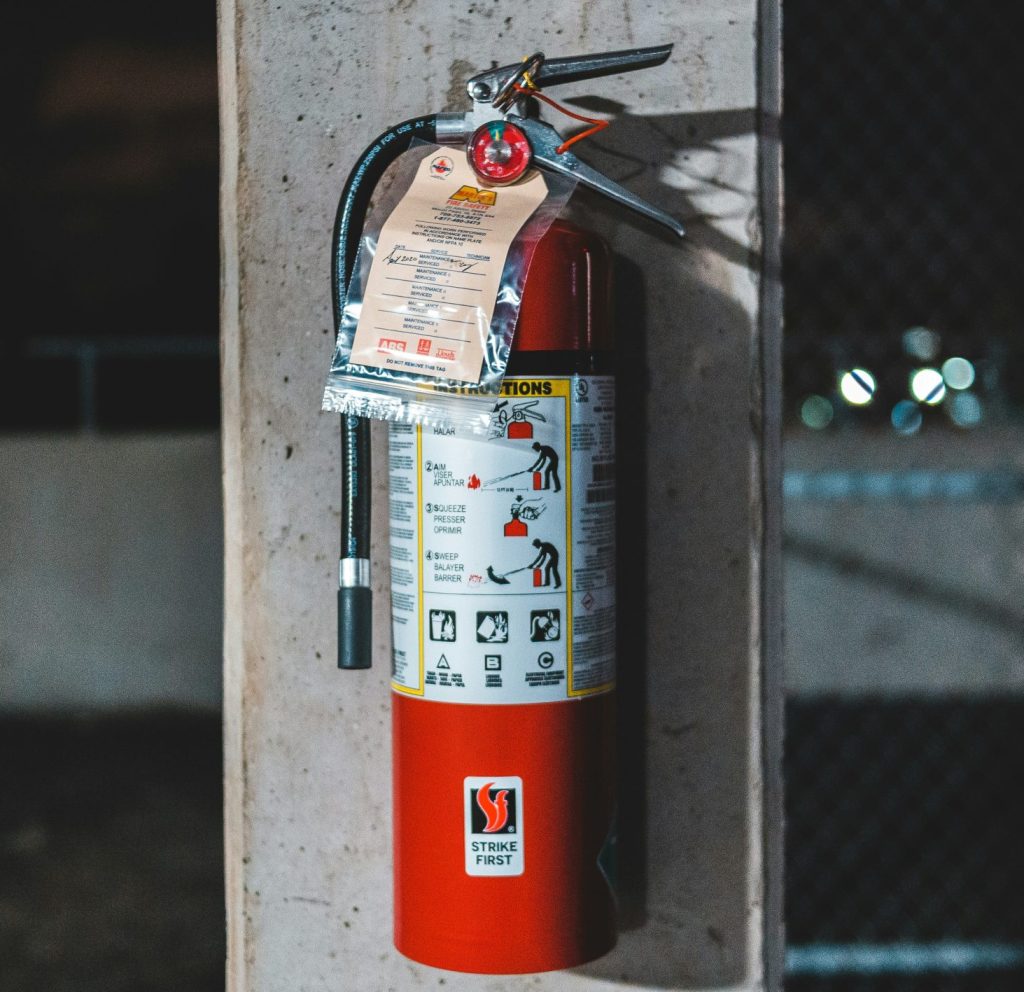Community Health

Community health is the responsibility of all faculty, staff, students, and visitors. Members of local governments and individuals living in the surrounding communities also play a role in maintaining a robust community health program. Environment, Health & Safety (EHS) provides information about the following community health considerations.
- Automated External Defibrillator
- Pools
- Hand sanitizers
- Drinking water
- Bats and rabies
- Certain diseases
An Automatic External Defibrillator (AED) is a computerized medical device that will:
- Analyze the heart rhythm of an individual in cardiac arrest
- Recognize a shockable rhythm
- Advise the operator (through voice prompts and L.E.D. indicators) whether the individual should be shocked
This means that it is possible for non-medical professionals to administer a controlled electric shock to a victim of sudden cardiac arrest. The AED ensures that an electric shock is delivered only when necessary. Currently, over 300 AED units are available across the campus, Including:
- The University of Michigan (U-M) Police Department patrol vehicles
- Student Life security vehicles
- Athletic and recreational sports venues
- Performance venues
- F&O High Voltage utility vehicles
Standard Operating Procedures, Guidelines, and Manuals
Training
Anyone expected to use an AED in a cardiac emergency should be trained in cardiopulmonary resuscitation (CPR) and the appropriate use of AED devices.
The U-M preferred vendor for AED selection, purchase, and training is Aventric/HeartAED. CPR Training is also available.
To contact Aventric/HeartAED please call 800-228-3343 Ext. 232
Bats are a key part of a healthy ecosystem. They prey on night-flying insects, help disperse seeds, and pollinate plants. However, bats may also carry rabies and are a significant source of potential rabies exposure for humans in Michigan and across the United States.
If you find a bat inside your building and think you may have been exposed (bitten or scratched by the bat), according to the Centers for Disease Control and Prevention (CDC), you should seek medical attention within 24 hours and have the bat collected and tested. In addition, because bats have very small teeth and a bite from a bat may not be felt. Even in the absence of an obvious bite wound, an exposure would include a bat found in the room of:
- A sleeping person
- A child
- A mentally or physically impaired person
- An intoxicated person
Why are Bats a Concern?
- Bat bites and even droplets of bat saliva may cause rabies in humans.
- Bat bites can be difficult to identify because they may not leave a mark.
- In Michigan, rabies is found more frequently in bats than in other mammals.
- Rabid bats cause the most rabies deaths in the U.S.
| IF YOU FIND A BAT IN… | THEN… | AND YOU SUSPECT THERE WAS AND EXPOSURE… |
| U-M Residence Hall |
| Seek medical advice if an exposure occurred by calling University Health Service at 734-764-8320 (available 24 hours a day) to determine whether treatment (rabies vaccine) is recommended |
| U-M work area |
| Seek medical attention immediately either at the U-M Occupational Health Services Clinic (complete the Work Connections Injury & Illness Form) or your primary care physician |
| Other areas such as an apartment or home | Follow the recommendations for collections and testing from the Washtenaw County Public Health Department or your local Health DepartmentIf there is no indication someone was bitten or potentially exposed, remove the bat by following the guidelines from the Organization for Bat Conservation |
Check these links for resources to help you find information about diseases you may be concerned about.
Supplemental Information
The U-M Environment, Health & Safety Department is working in partnership with the U-M Emergency Management, University Health Services and Washtenaw County Health Department among others to help keep our community healthy and safe. If you have questions or concerns, please contact EHS at 734-647-1143 or at ehsanswers@umich.edu so we may get a message to the appropriate EHS staff member to address your needs. Questions in regard to COVID-19 specifically can be sent to EHS-Covid-19-Reporting@umich.edu





